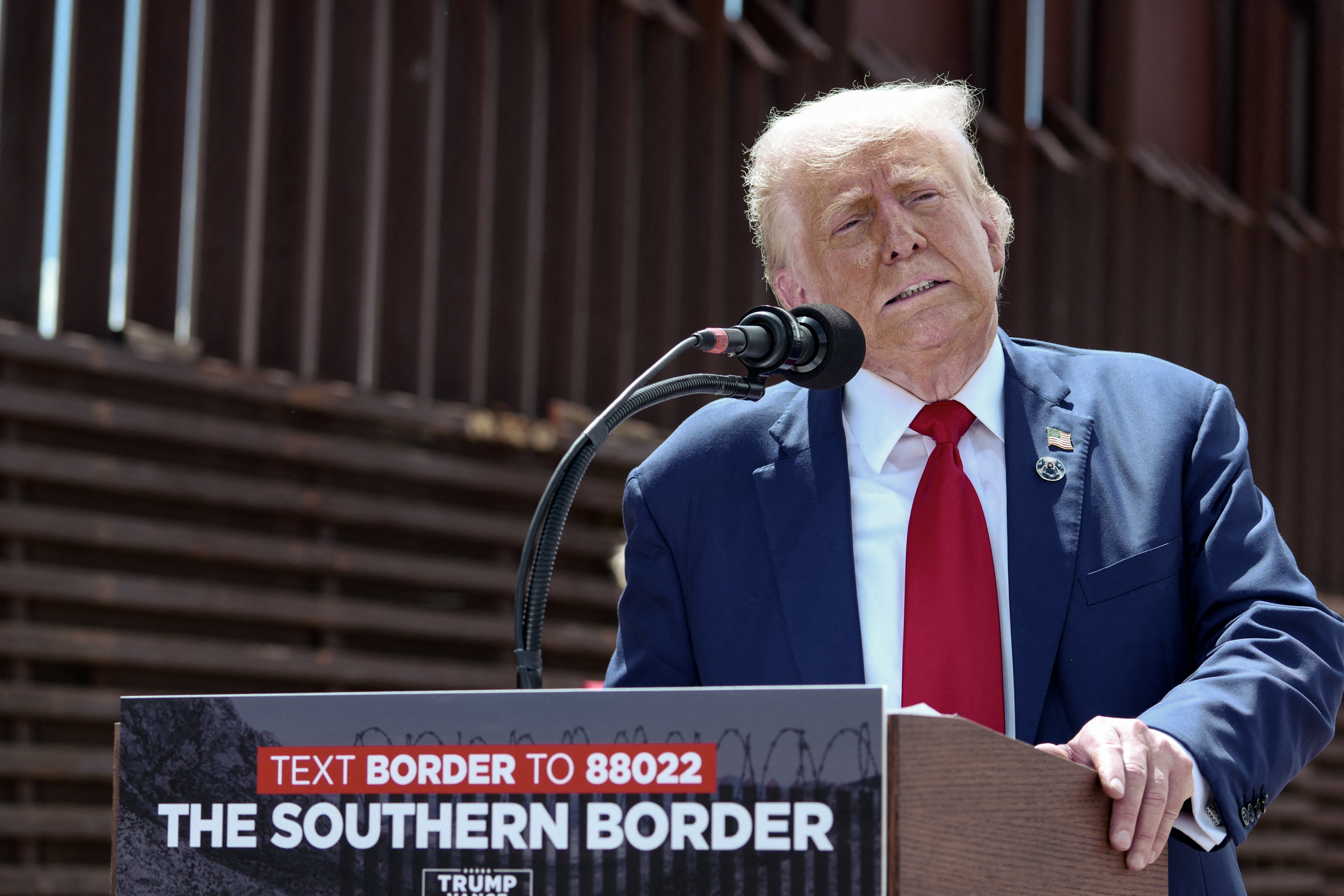You are using an out of date browser. It may not display this or other websites correctly.
You should upgrade or use an alternative browser.
You should upgrade or use an alternative browser.
2024 Congressional Elections: Republicans re-take U.S. Senate & keep U.S. House
- Thread starter Reality Check
- Start date
More options
Who Replied?Outlaw
New Hope For the HaveNotz
I think he’ll caucus with the democrats if he winsWe talking independent independent or Joe Mancin independent
Outright majority. Wow.
Cruz is going to coast to victory. Texas and FL are lost causes until a SCOTUS flips Dem to destroy gerrymanderingCruz has a 10+ pt lead. That's at least a million voters in Texas. Now CA is trying to distance himself from Kamala and has very little ground game. You don't see him anywhere. His campaign has been a disappointment.
Piff Huxtable
Delaney 2020,2024,2028...
Gerrymandering has nothing to do with Presidential and Senate electionsCruz is going to coast to victory. Texas and FL are lost causes until a SCOTUS flips Dem to destroy gerrymandering
Gerrymandering has nothing to do with Presidential and Senate elections

does gerrymandering have any impact on the presidential elections?
Gerrymandering, the practice of manipulating electoral district boundaries for political gain, can indeed impact presidential elections, primarily through its...
www.perplexity.ai
Gerrymandering, the practice of manipulating electoral district boundaries for political gain, can indeed impact presidential elections, primarily through its influence on the Electoral College system. While gerrymandering is traditionally associated with congressional and state legislative elections, it can also affect presidential elections indirectly.
1. **Electoral College Impact**: Each state has a number of electors in the Electoral College equal to its congressional representation. Most states use a winner-takes-all system for awarding these electoral votes. However, states have the flexibility to allocate their electoral votes differently. For example, Maine and Nebraska allocate two votes to the statewide winner and the rest based on congressional district results. If more states adopted this district-based allocation, gerrymandering could significantly influence presidential elections by altering the distribution of electoral votes[1].
2. **Potential for Increased Gerrymandering**: The U.S. Supreme Court's decision not to intervene in partisan gerrymandering cases has opened the door for states to potentially gerrymander presidential elections. This could lead to increased pressures for states to draw congressional districts in a way that benefits the party in power, potentially affecting the outcome of presidential elections[1].
3. **Indirect Effects on Voter Turnout and Competition**: Gerrymandering can lead to a majority of voters living in "safe" districts, which may reduce voter turnout and electoral competition. This lack of competition can diminish the incentive for voters to participate, potentially affecting the overall dynamics of presidential elections[1][3].
4. **Historical Context and Legal Challenges**: Gerrymandering has been a longstanding issue in American politics, with both major parties engaging in the practice to secure electoral advantages. Legal challenges have been mounted against gerrymandering, particularly when it violates principles of equal protection or the Voting Rights Act[2][3][4].
Overall, while gerrymandering does not directly determine presidential election outcomes, its influence on the allocation of electoral votes and the broader electoral environment can have significant implications for presidential elections.
Citations:
[1] Justices Opened Door to Gerrymander Presidential Elections - Electoral Vote Map
[2] Understanding Gerrymandering: How It Impacts Elections and Voting
[3] Biggest problem with gerrymandering — Harvard Gazette
[4] Gerrymandering - Wikipedia
[5]
[6] The Ominous Cloud of Gerrymandering Hovering Over the 2024 Election
[7] Gerrymandering Explained
[8]

Piff Huxtable
Delaney 2020,2024,2028...
Thank you, I knowOverall, while gerrymandering does not directly determine presidential election outcome
Reality Check
Keepin' it 100
Was not expecting this from Nebraska
I don’t see it
Piff Huxtable
Delaney 2020,2024,2028...
Don't waste any money on Texas
Trump and Cruz will both win
30+ House seats and only like 2, maybe 3 are competetive
It's fools gold
Trump and Cruz will both win
30+ House seats and only like 2, maybe 3 are competetive
It's fools gold
Reality Check
Keepin' it 100

"SOMEONE GET KID ROCK AND TED NUGENT ON THE PHONE AND SEND THEM TO MONTANA NOW! DO SOMETHING!!"
Edit: I put leatherface in spoiler in order not to scare people or make anyone sick
Last edited: